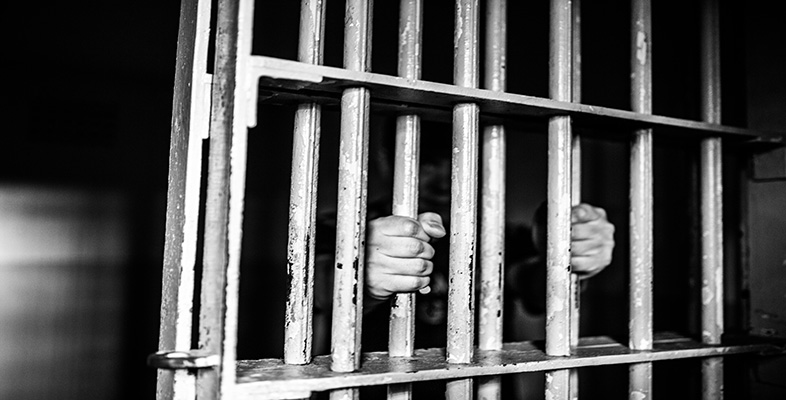What does it mean to be critical?
Thinking is skilled work. It is not true that we are naturally endowed with the ability to think clearly and logically … People with untrained minds should no more expect to think clearly and logically than people who have never learned and never practiced can expect to find themselves good carpenters, golfers, bridge-players, or pianists
As the above quotation suggests, critical thinking is a learned skill. In this free course, we will provide you with ways of thinking about crime from an alternative perspective. This perspective requires stepping outside and challenging taken-for-granted assumptions about crime and the operation of criminal justice systems.
According to René Van Swaaningen, the ‘adjective “critical” has gradually become the demarcating line for scholars who oppose the utilitarian ethos that subordinates criminology to law and order interests’ (Van Swaaningen, 1999, pp. 24–25). But what does this mean? It means that being critical includes being curious, sceptical, and prepared to challenge the underlying assumptions and accepted rationales of the criminal justice system and their taken-for-granted nature. It means being prepared to ask such questions as:
- How might we think about crime differently?
- Do the law, police, the courts and prisons have to operate the way they do?
- Could ‘justice’ be conceived in other ways?
Being critical is about representing the side of the economically and socially marginalised (Becker, 1963). It is a position that seeks to promote social inclusion, equality and human rights. Critical criminology often finds its explanations for criminal activity in the unequal distribution of power and wealth in society and the resultant class, ethnic and gender discrimination. The official discourses about crime, like other areas of social life, are viewed by critical criminologists as constructed through contexts of racism, sexism, classism and heterosexism.
Being critical is much more than suggesting cosmetic changes to existing crime-control regimes. To be a ‘critical criminologist’ is to seek out and highlight injustice, and to question the processes and practices upon which laws are constructed, enforced and implemented. It is not merely tinkering with the existing system of justice and offering administrative changes to practice. It includes serious questioning of the ideological and political foundations upon which crime is defined, enforced, processed and responded to.
Critical criminological perspectives or criminologies represent a dynamic, interconnected yet diverse range of theories, perspectives and methods that share a commitment to providing an alternative approach to the ways crime, justice and the ‘discipline’ of criminology are examined. Critical criminological approaches have continually pushed the boundaries and scope of criminology, creating new areas of focus and innovation in relation to its subject matter, methods and theory. Although there is much diversity and difference between critical criminological strands, they are united in their emphasis on economic and social conditions, the flows and uses of power, the interplay between crime, ‘race’, gender, and/or class, and their concern to seek out marginalised perspectives and investigate multiple truths.
Critical criminologists often prefer to be called social theorists, historians, sociologists, feminists and activists in rejection of the arguably conservative and state-compliant label ‘criminologist’. They have sought out and examined new areas that are often excluded from governmental and mainstream criminological agendas. For example, the critique of activities involving state and corporate harm that produce human suffering or environmental degradation and economic bias in the name of profit and power has long been the mission of critical criminologists. As such, laws and activities of the powerful that permit or engender racial and economic inequality, discrimination and gender prejudice have been subjected to critical examination in pursuit of social justice. Contemporary critical criminological perspectives maintain this emphasis through examining, for example, global issues of human trafficking, terrorism, environmental exploitation, and highlighting national injustices and human rights abuses – often entailing a critique of the unlawful actions of governments and large transnational corporations.
